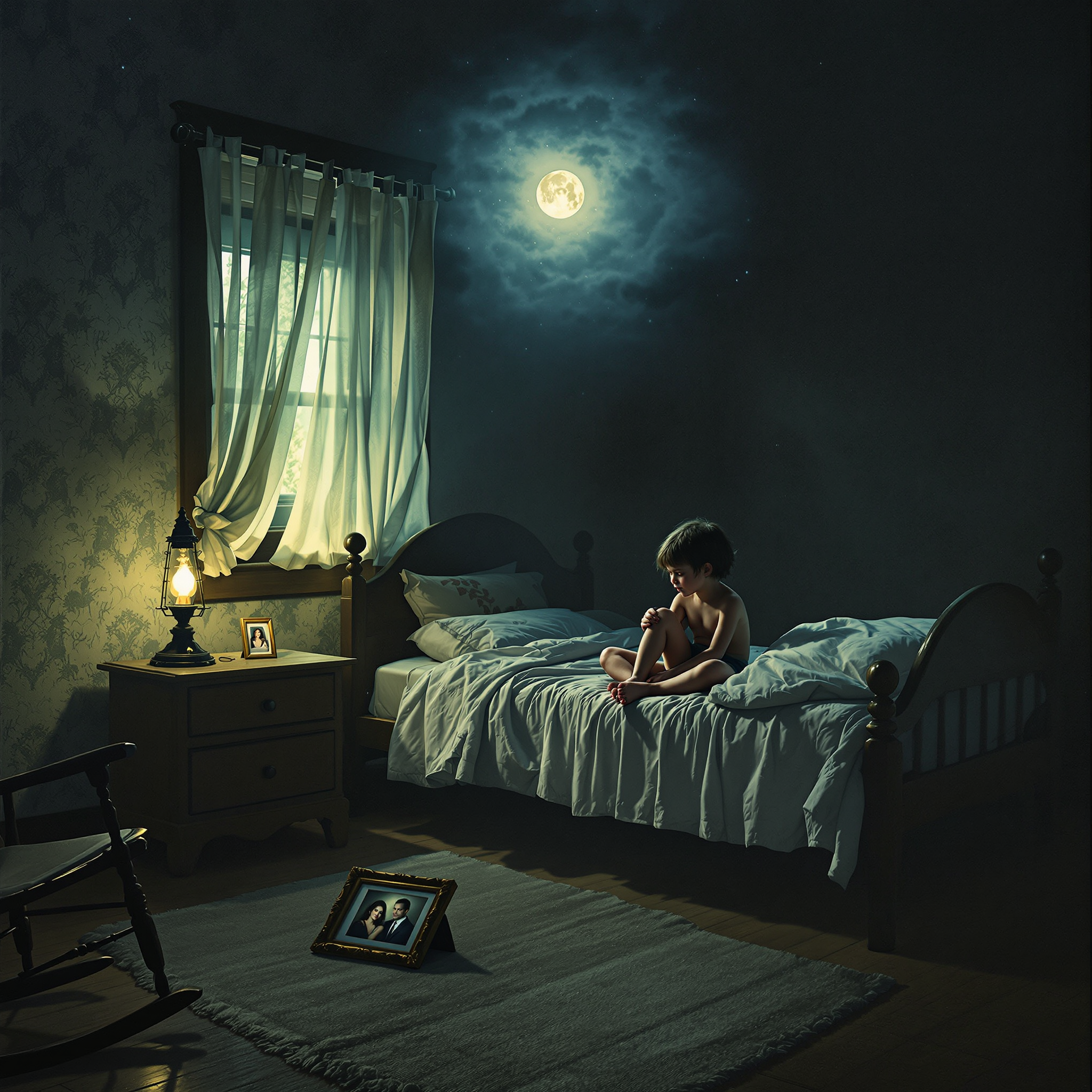This superstition cautions individuals against playing with or fidgeting their feet—such as rubbing them together or making restless motions—while lying down at night. The behavior is thought to invite misfortune onto one’s family, particularly resulting in the death of a parent. Such beliefs were often shared by elders in an effort to encourage respectful nighttime behavior or to control restlessness among children. It often carried a moral undertone related to obedience and proper conduct, especially during hours associated with quiet, rest, and spiritual reflection. No specific ritual follows the belief, but it serves as a behavioral deterrent. These kinds of beliefs are part of a broader pattern in many cultures where seemingly minor actions are linked to major life events, including death.

A baby’s future career or fate is predicted by the first object they select during a ceremonial setup.
In several Asian and Eastern European cultures, a traditional ceremony is held for babies usually around their first birthday. Known


